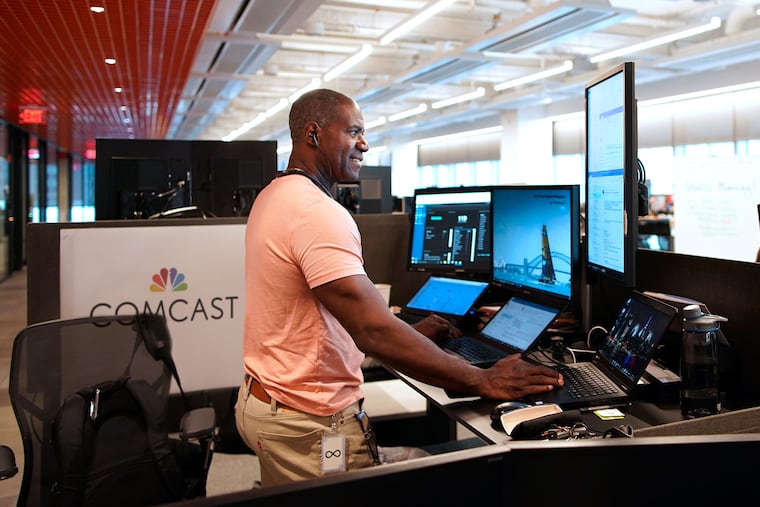We’ve run out of excuses not to promote inclusion and diversity for growth | Opinion
Some companies claim they can't find good candidates from underrepresented backgrounds or develop strong relationships with minority-owned businesses. The reality is, they’re not looking.

It’s hard to escape news headlines and social media feeds touting how the U.S. economy is humming along for many Americans. Yet, inclusive business practices — a significant driver of growth and innovation — often are overlooked as an important contributor to equitable economic growth, or they’re turned into empty talking points.
There are many ways to bring inclusion to life within an organization — including the makeup of the workforce, which is what typically leaps to people’s minds. The workforce is an extremely important piece of the puzzle, but so many other pieces also drive an inclusive culture. While companies may face challenges on the journey toward true inclusion, there are tried and true approaches with proven impact.
Talking about diversity can be uncomfortable for some people, and making a genuine commitment to it is not easy. Many companies talk the talk on the values of diversity and inclusion, but reduce them to a numbers game. While it is important to hold ourselves accountable through measurement, solely focusing on metrics negates the importance of creating an inclusive environment — one where all people feel valued and respected, have access to the same opportunities, and are comfortable bringing their authentic selves to work every day.
Some companies claim they simply cannot find good candidates from underrepresented backgrounds or develop strong relationships with minority-owned business partners. The reality is, they’re either not looking, or they’re not making the effort across different levels of their processes and culture.
When our team started its supplier diversity program, we established a comprehensive strategy to find qualified women-, LBGTQ-, and minority-owned businesses to compete for projects by leveraging partnerships with organizations, such as the Billion Dollar Roundtable, the National Minority Supplier Development Council, the Women’s Business Enterprise National Council, and local Chambers of Commerce. Across the company, we work with thousands of diverse suppliers, including more than 100 here in the Philadelphia region, that have contributed unique perspectives and services, ultimately benefiting consumers.
For many of these businesses, our program created a more level playing field and a chance to compete with larger vendors. Often times, these companies prove to be more agile, innovative, and creative than others — all they needed was the chance to get a foot in the door.
Since 2011, Comcast has spent more than $18 billion with diverse suppliers, including more than $4 billion directly in 2018 alone. In addition, since launching our subcontracting program in 2012, our major suppliers have reported more than $2 billion in contracts with diverse subcontractors, including more than $500 million last year alone. Our concerted effort in this area has led to a more than threefold increase in the amount spent with diverse suppliers at Comcast NBCUniversal in the last seven years.
We also have found it to be crucial that diversity and inclusion are endorsed at our company’s highest level, by our executive leadership, and built into our business model to drive growth. One highly visible example of this is our programming, ensuring our talent, both on-air and behind-the-camera, reflects the communities we serve. It results in successful shows like “This Is Us,” which features a diverse cast, crew, and writers’ room.
Ultimately, there’s no one magical way to build a diverse and inclusive company, but a great starting point is sharing best practices. This is why it’s critical for employers — and diversity thought leaders — to participate in events that discuss those practices and offer solutions for a variety of workplace environments. Comcast is proud to sponsor and participate in efforts to grow our culture of diversity and inclusion, including the Diversity & Inclusion Conference being held in Philadelphia March 25 and 26. The conference will bring together leaders in corporate settings, as well as nonprofits and local government, to discuss ways in which we can develop lasting diversity and inclusion initiatives.
We try to be leaders and innovators in diversity and inclusion, and we’re always looking for ways to improve and learn from others. That’s why attending the conference is one small, but significant, step toward coming together to make sure all voices can be heard and valued, and our businesses can flourish.
Ajamu Johnson is vice president of Procurement at Comcast and board member of the Philadelphia Convention and Visitors Bureau.